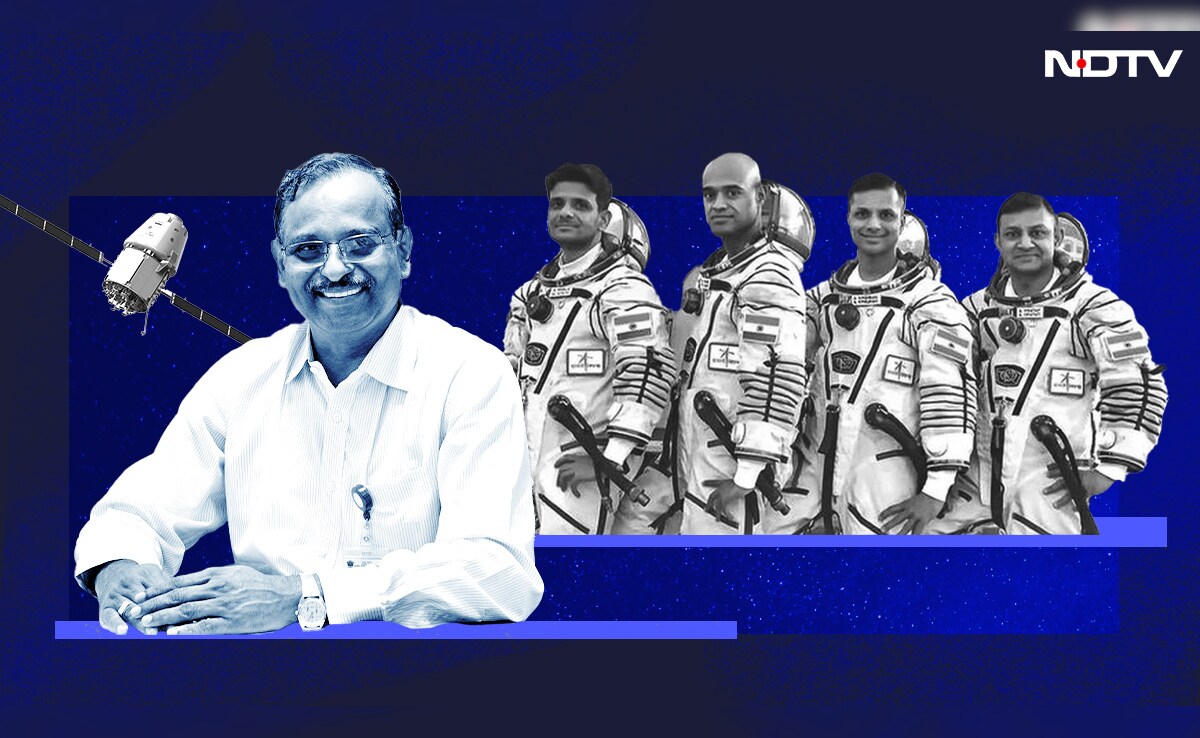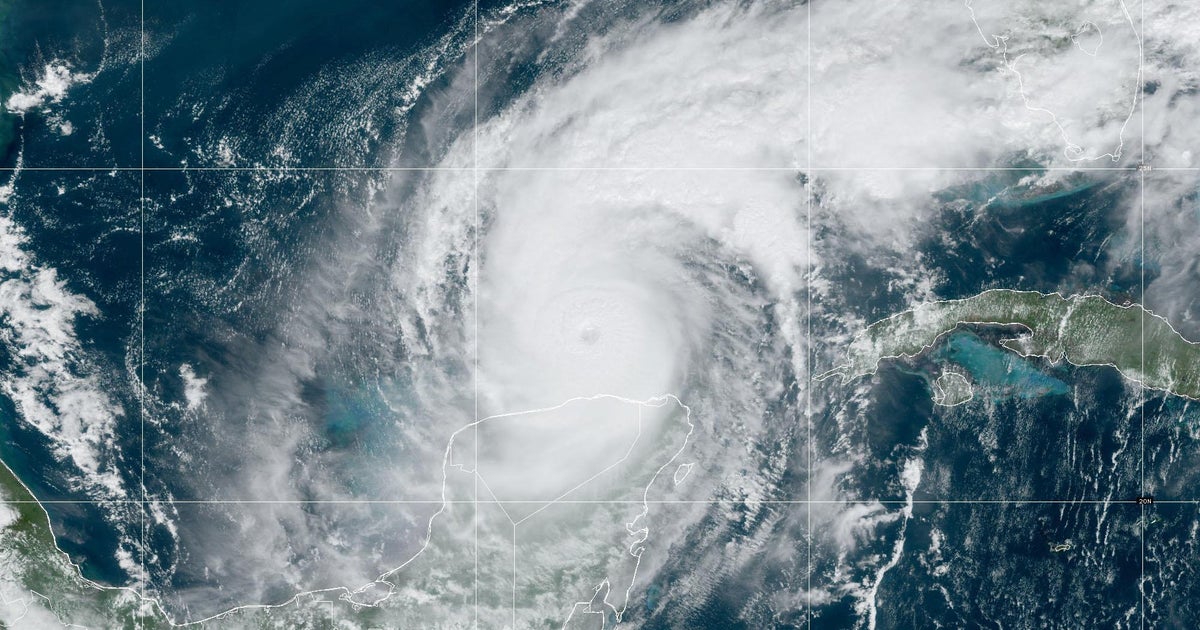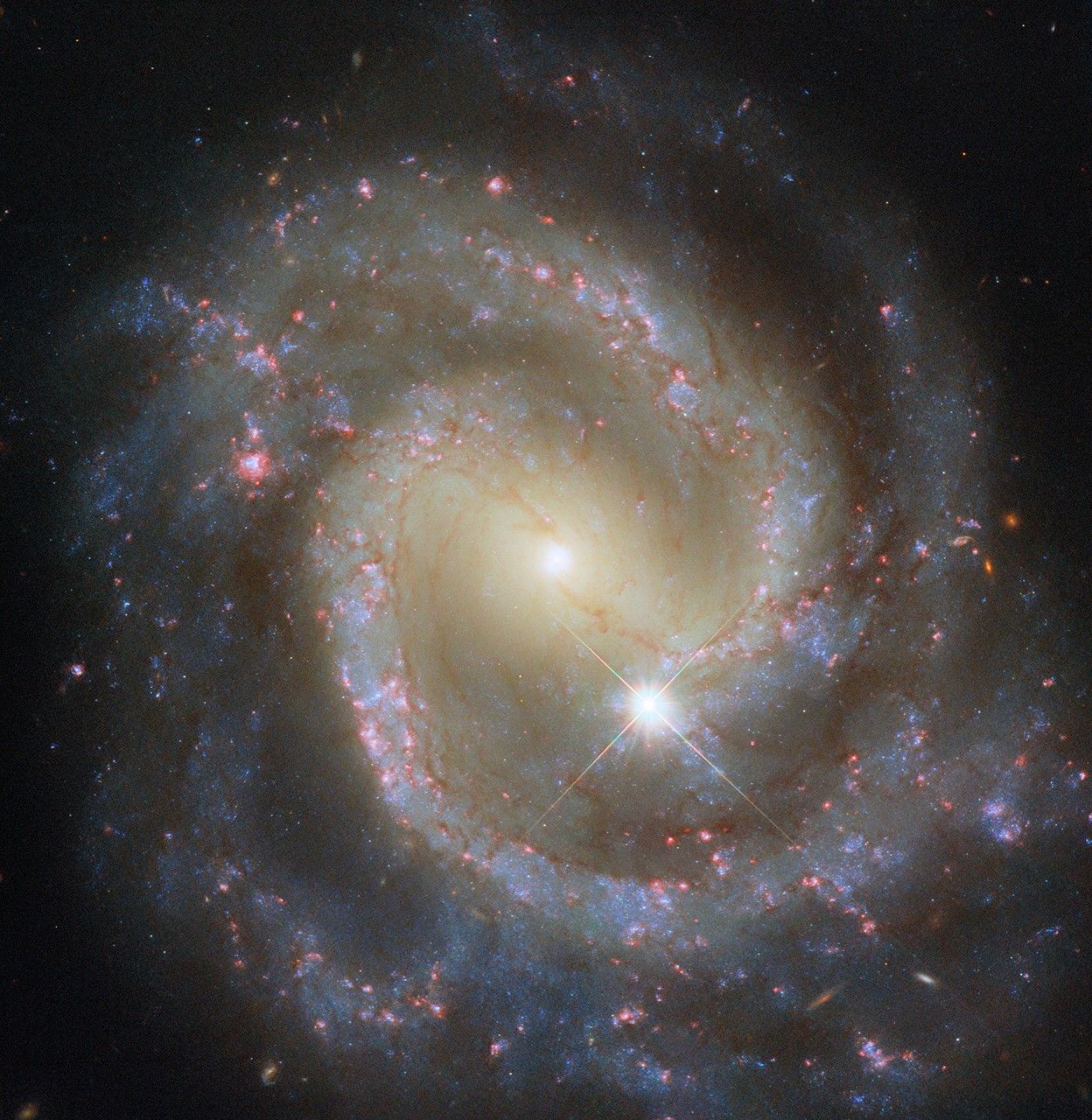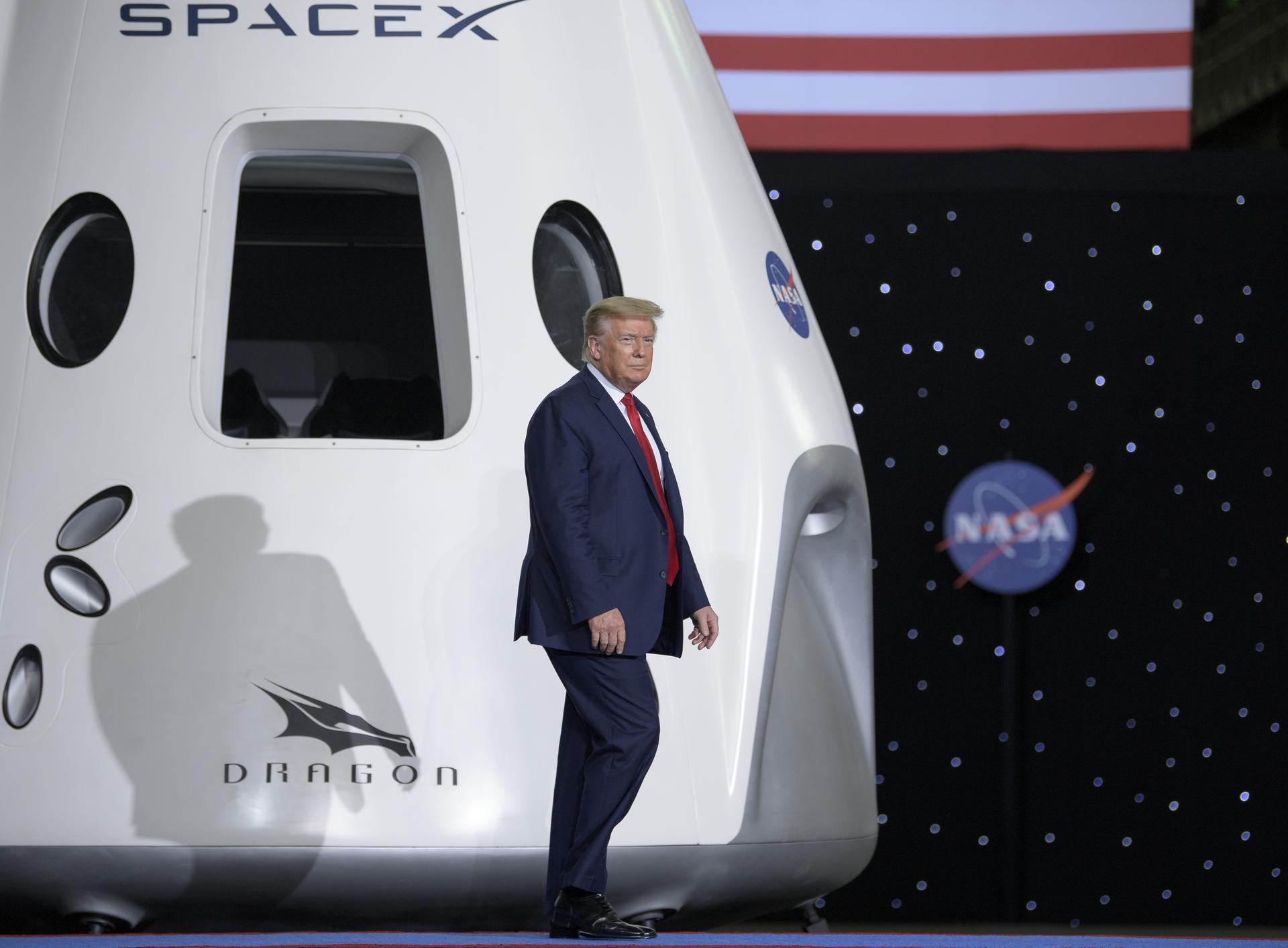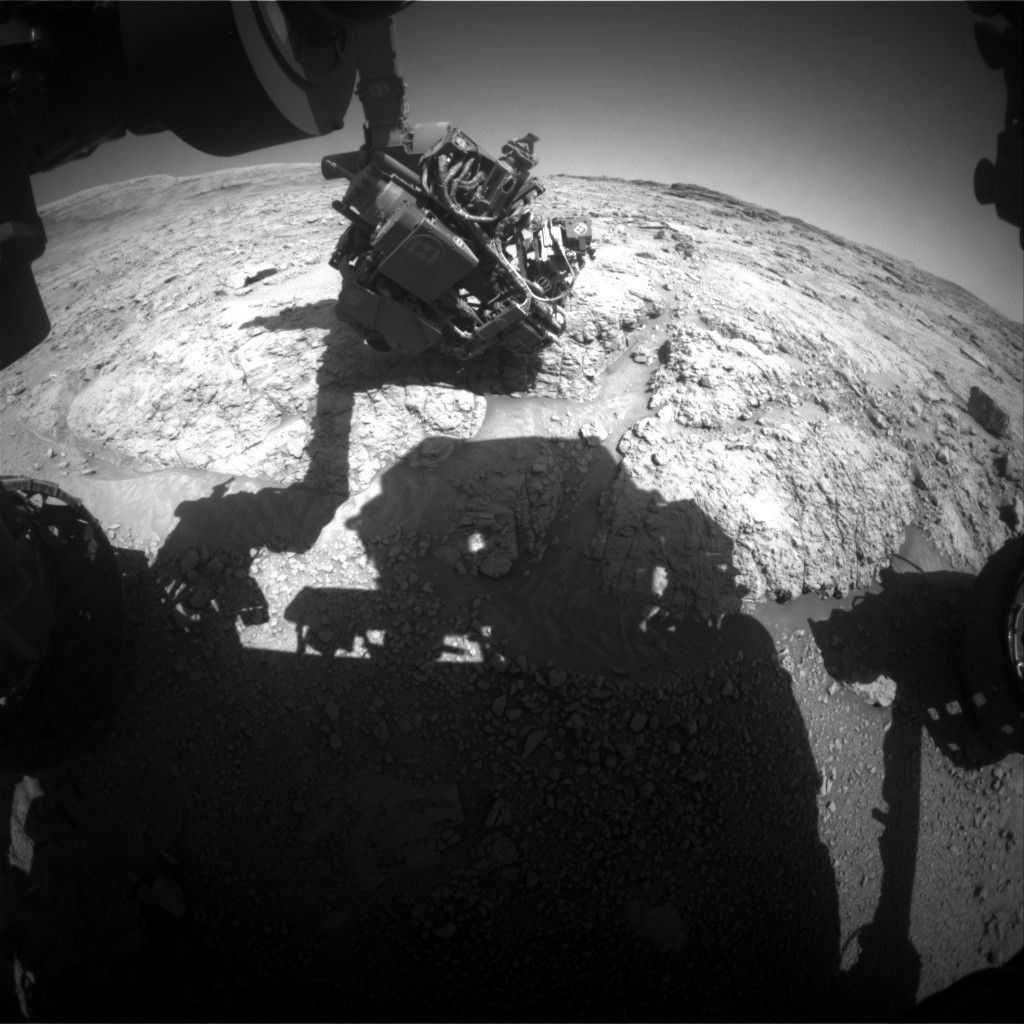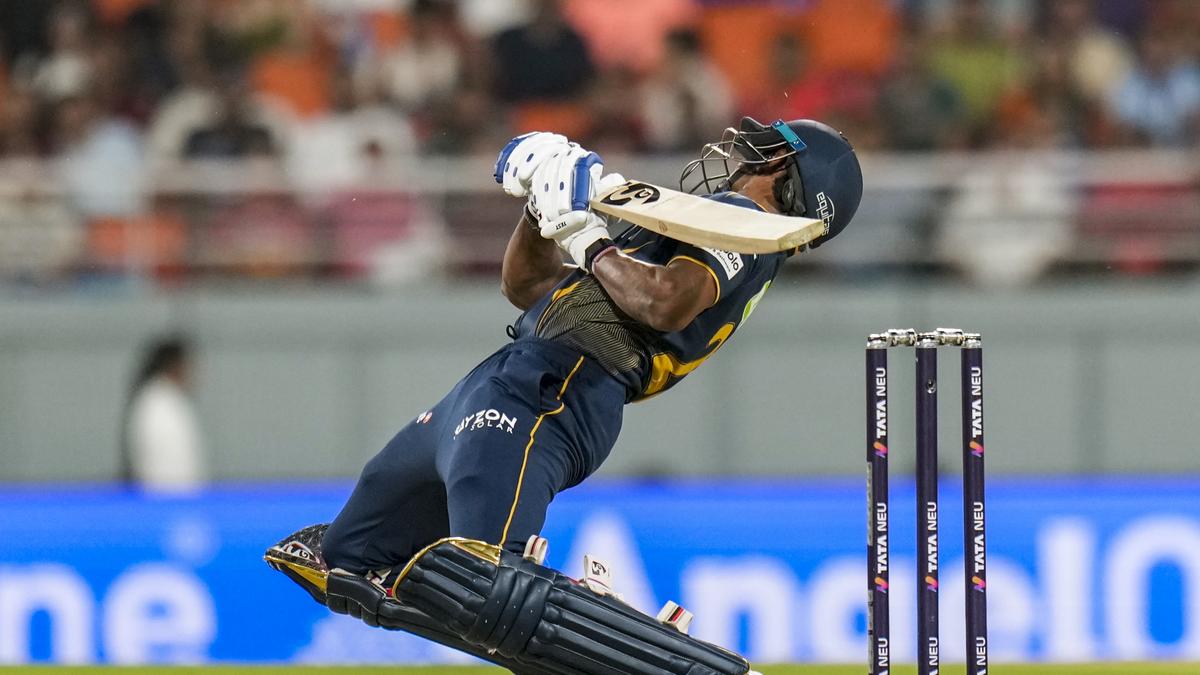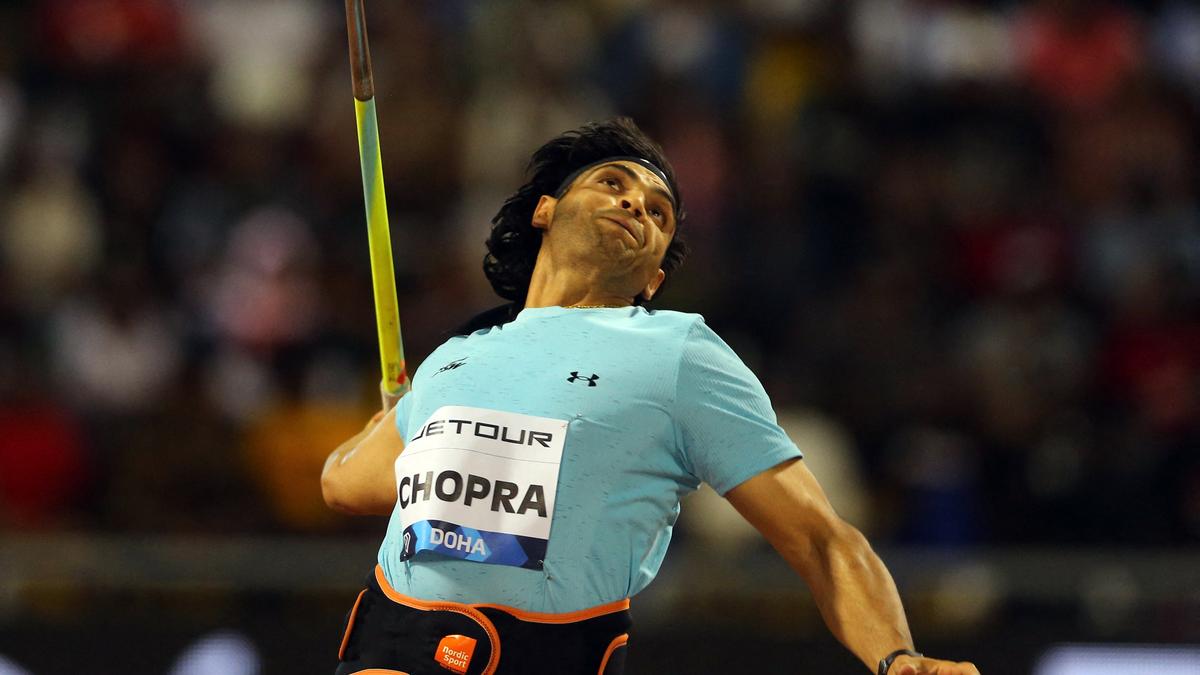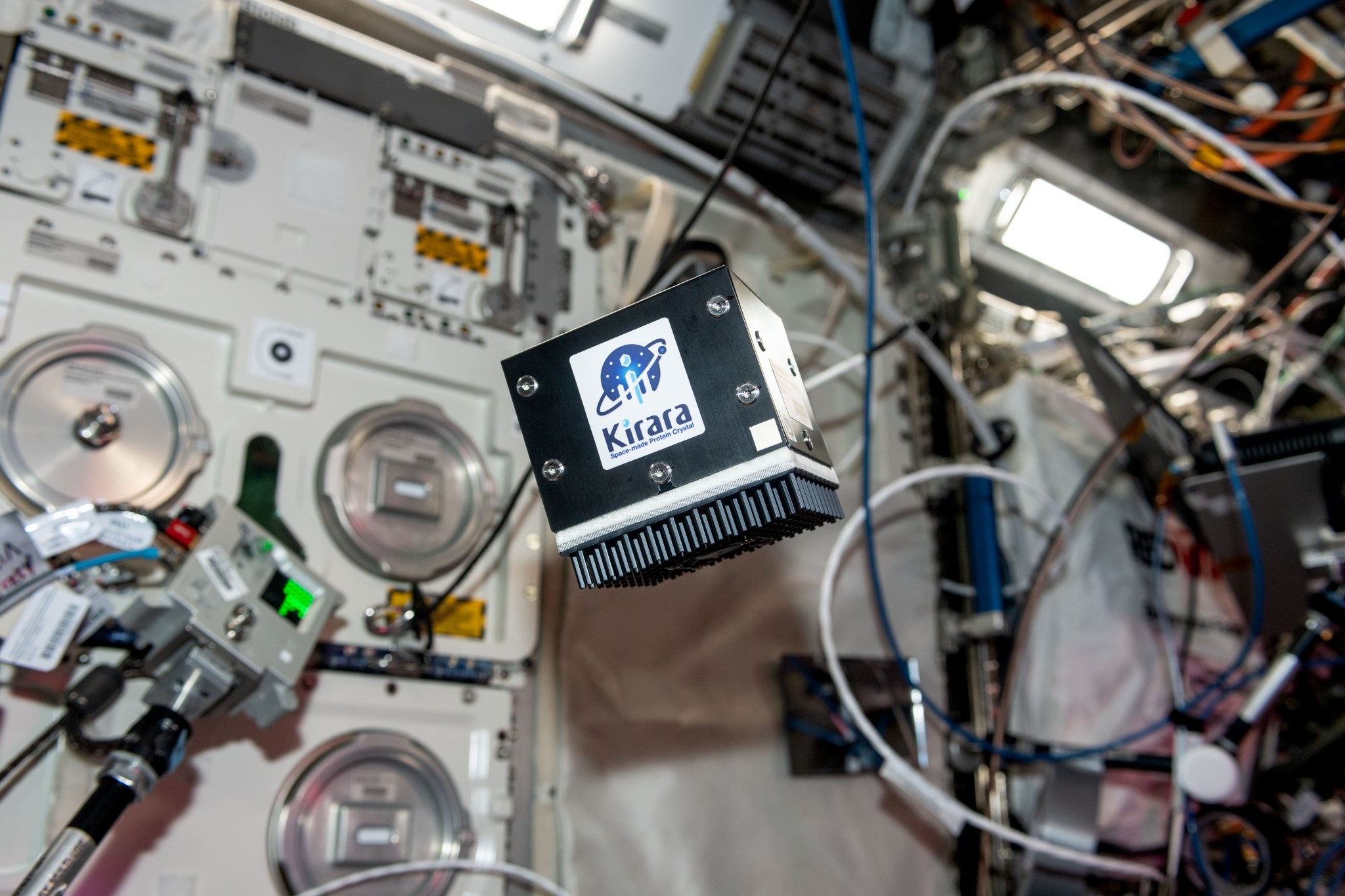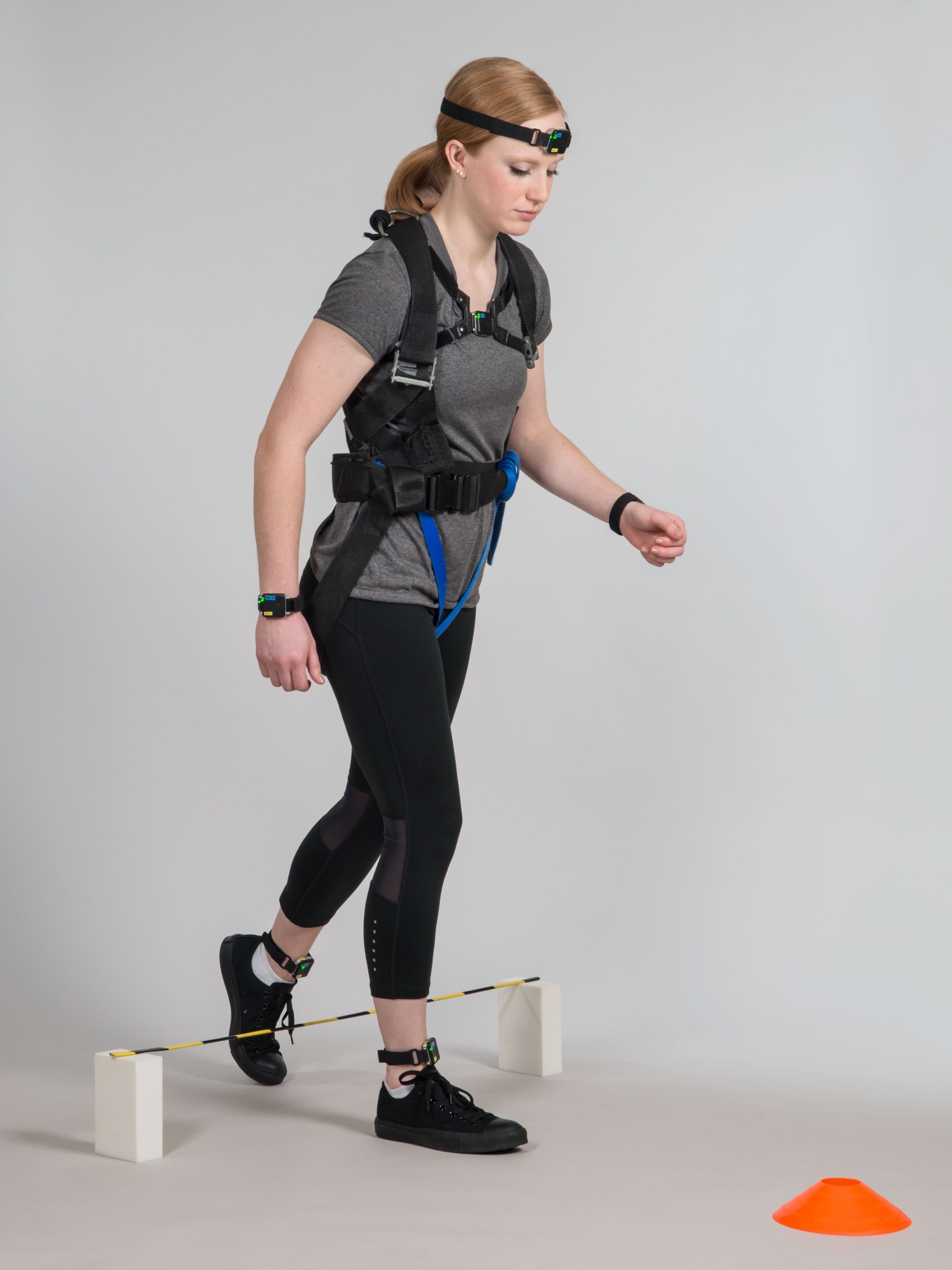Station Science Top News: Feb. 21, 2025
Improving space-based pharmaceutical research Researchers found differences in the stability and degradation of the anti-Covid drug Remdesivir in space and on Earth on its first research flight, but not on a second. This highlights the need for more standardized procedures for pharmaceutical research in space. Long-term stability of drugs is critical for future space missions. […]
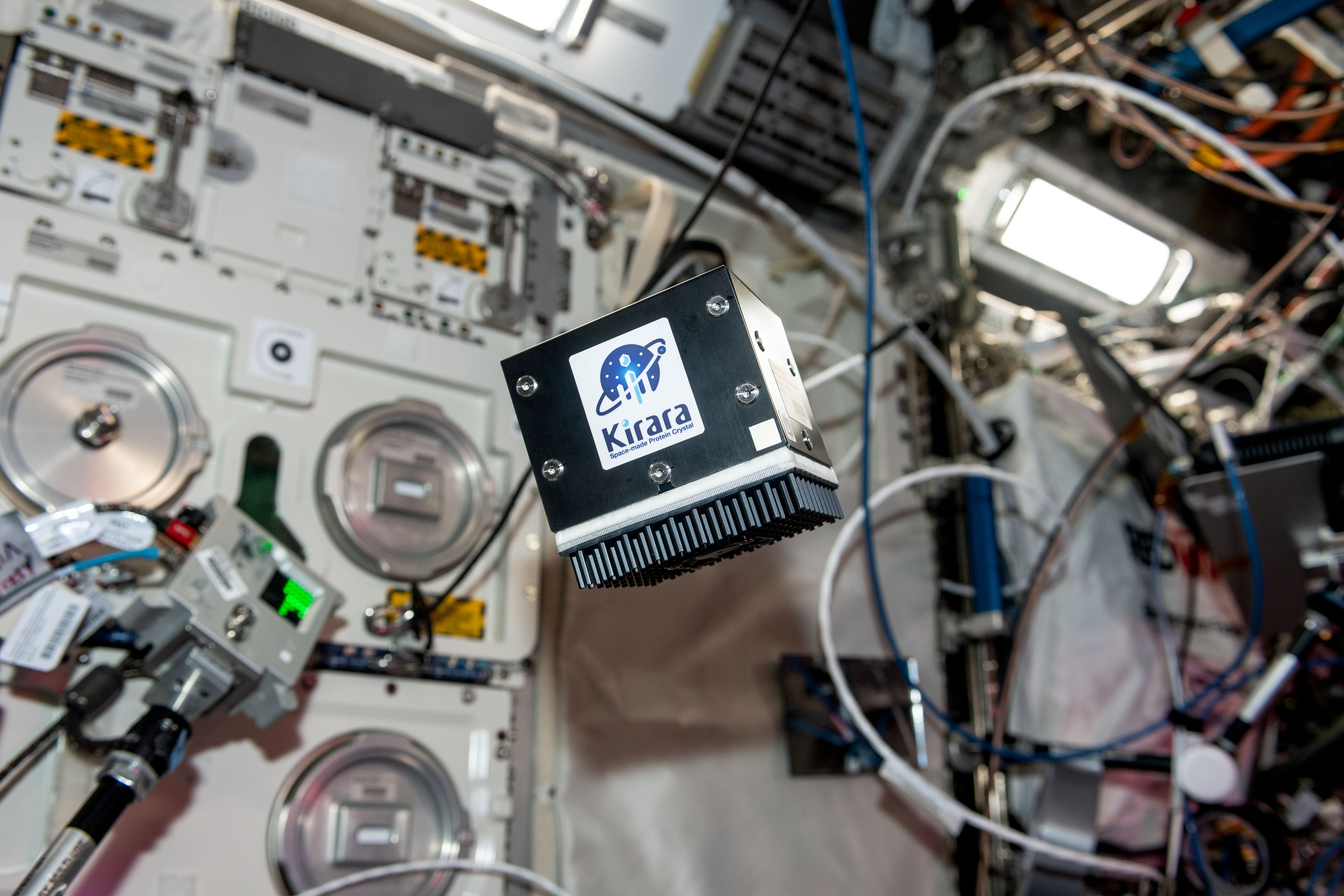
Improving space-based pharmaceutical research
Researchers found differences in the stability and degradation of the anti-Covid drug Remdesivir in space and on Earth on its first research flight, but not on a second. This highlights the need for more standardized procedures for pharmaceutical research in space.
Long-term stability of drugs is critical for future space missions. Because multiple characteristics of spaceflight could influence chemical stability, the scientists repeated their experiment under circumstances as nearly identical as possible. This research used Kirara, a temperature-controlled incubator developed by JAXA (Japan Aerospace Exploration Agency) for crystallizing proteins in microgravity. Results also confirmed that a solubility enhancer used in the drug is radiation resistant and its quality was not affected by microgravity and launch conditions.
Evaluating postflight task performance
Immediately after returning from the International Space Station and for up to one week, astronauts perform functional tasks in ways similar to patients on Earth who have a loss of inner ear function. This finding suggests that comparing data from these patients and astronauts could provide insight into the role of the balance and sensory systems in task performance during critical parts of a mission such as landing on the Moon or Mars.
Spaceflight causes changes to the balance (vestibular) and sensory systems that can lead to symptoms such as disorientation and impaired locomotion. Standard Measures collects a set of data, including tests of sensorimotor function, related to human spaceflight risks from astronauts before, during, and after missions to help characterize how people adapt to living and working in space.
What's Your Reaction?








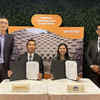





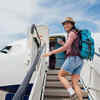

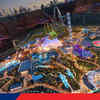


.jpg?#)

